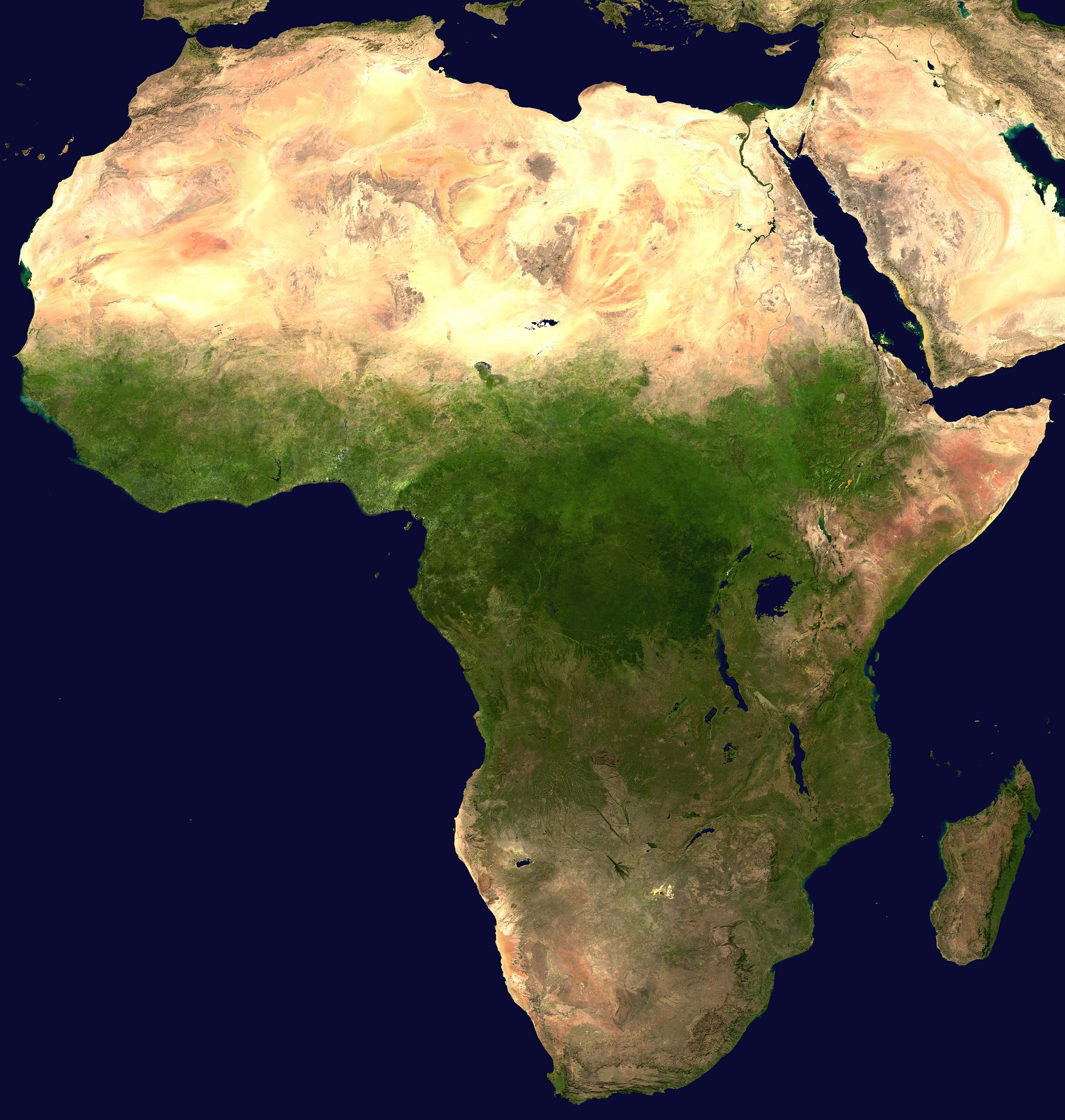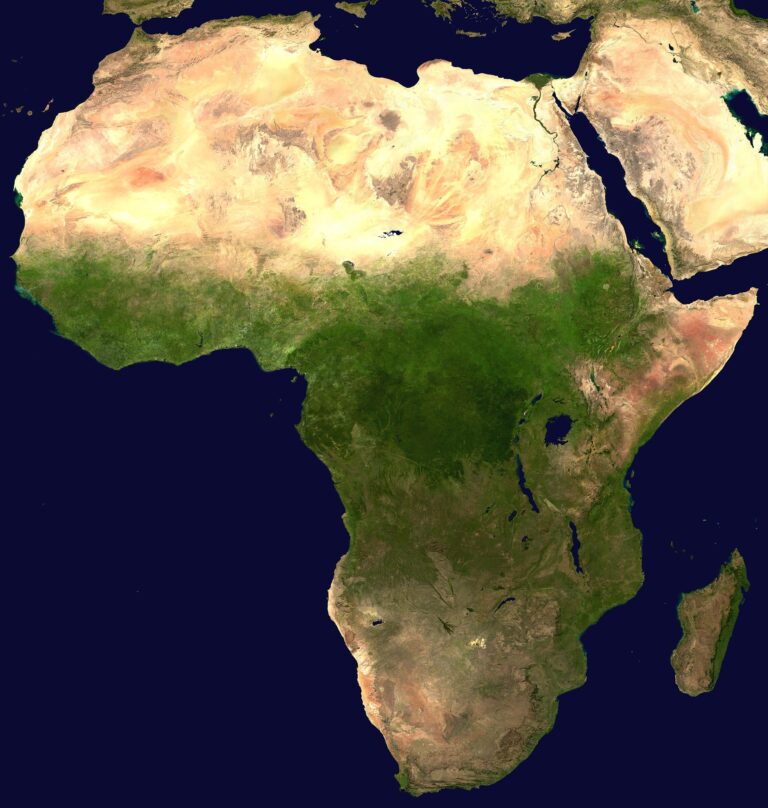
Afro-relationality, Afro-communitarianism, and Global Solidarity
Von Ada Agada (Federal University Otuoke, Nigeria) –
As a socio-ethical practice, communitarianism is probably as old as anatomically modern humans. Broadly understood, communitarianism is a socio-political, ethical, and metaphysical theory that submits the thesis that the community or society determines the conditions necessary for the flourishing of the individual. Accordingly, the community shapes the psychological, ethical, intellectual, and social development of the individual. Various forms of communitarianism can be found in ancient Egyptian, Greek, Chinese, and African cultures, to mention but a few racial identities.
Der Schwerpunkt Philosophie in Afrika setzt sich zum Ziel, Institute sowie akademische Philosoph*innen mit Arbeitssitz in afrikanischen Ländern oder mit Bezug zu Afrikanischer Philosphie vorzustellen. Es kann dabei einerseits um Arbeitsprofile, Forschungsschwerpunkte sowie inhaltliche Positionen gehen als auch andererseits um die Institutsstruktur und die kooperativen Möglichkeiten. Aus diesem Grund erscheinen die Texte in der Regel unübersetzt in englischer Sprache.
Communitarianism has had a notable impact on Western cultural and intellectual life. As a philosophical theory, communitarianism in the West can be traced to thinkers like Aristotle and G.W.F. Hegel who clearly recognised the norms-shaping role of the community. Marxist thought, which endorses the communitarian standpoint, profoundly influenced Western culture. Philosophers in the continental tradition like Charles Taylor and Alasdair MacIntyre have articulated what can pass as communitarian theories. While Western thinkers have adequately explored Western iterations of communitarianism, they have conveniently ignored or underexplored communitarianism as it evolved elsewhere in the world. Perhaps, it can be argued that some Western philosophers have deemed it necessary to study Asian forms of communitarianism. What is not in doubt is that African communitarianism (henceforth Afro-communitarianism) has been largely overlooked by Western philosophers despite the global significance of this theory and its capacity to stimulate discourse in the emergent area of philosophy called intercultural philosophy.
The good news is that African philosophers have extensively researched the subject of Afro-communitarianism and published works that clearly demonstrate the uniqueness of Afro-communitarianism vis-à-vis iterations of communitarianism in the West and the East. But what makes Afro-communitarianism so unique and important?
The answer is simple: Afro-relationality. While communitarianism, as a theory, privileges the community in one way or the other, Afro-relationality supplies the metaphysical grounds for talking about such Afro-communitarian values as sharing, caring, solidarity, and harmony. Afro-relationality can be construed as the view that the universe is an interconnected and interdependent network of entities, forces, and phenomena. This view appears simple enough. Yet, it has had a revolutionary impact on African philosophers, from Anton Wilhelm Amo, the German-trained 18th century African philosopher who denied René Descartes’ mind-body dualism to Léopold Sédar Senghor who celebrated Afro-relationality in his essays and poems, and from Ifeanyi Menkiti to contemporary philosophers like Innocent I. Asouzu, Mogobe B. Ramose, and Aribiah D. Attoe. Afro-relationality proposes a radical thesis: all things persist in a mutually beneficial and mutually destructive relationship. Humans are linked together by their common possession of vital force or vitality, which attests to a common origin and a common destiny. It is not only humans that are interdependent. Humans, animals, plants, and the physical environment are interdependent and interconnected. This view motivates the metaphysical, logical, epistemological, and ethical works of contemporary African philosophers like this author, Jonathan O. Chimakonam, Aribiah D. Attoe, Edwin Etieyibo, and Motsamai Molefe. It is true to say that Afro-communitarianism is a species of Afro-relationality. If everything is interconnected, it begins to make sense why the Nigerian philosopher Asouzu understands being in terms of what he calls missing links. He famously defined being as that on account of which whatever exists serves as a missing link of reality. A human being is a missing link of reality; so are animals, plants, and inorganic things. The logic underpinning the claim that all things serve as missing links of reality derives its justification from the metaphysical proposition that things taken in isolation from each other are incomplete even as completion is found only in the totality. In the Afro-relational framework, the default structure of everything anticipates its completion by something else. This is an interesting claim that will no doubt sound familiar to the student of Hegelian philosophy. Afro-relationality has spawned such vibrant contemporary currents and schools of thought in African philosophy as consolationism, predeterministic historicity, and ezumezu logic.
We may now define Afro-communitarianism as a socio-political theory that privileges the community and emphasises the role of the group in which the individual is a missing link. Afro-communitarianism may assert the priority of the community over the individual or claim the contemporaneity of the community and the individual. What is not in doubt is the privileging of the community as the incubator of values and the determiner of the necessary conditions for the flourishing of the individual. Afro-communitarianism is undoubtedly the most successful and widely explored concept in African social and political philosophy.
There are different kinds of Afro-communitarianism. The classification of a particular kind of Afro-communitarianism depends on the degree to which the assumed priority of the community is stressed. Strong Afro-communitarianism was championed early by the Kenyan theologian and philosopher John S. Mbiti who famously captured the essence of the Afro-communitarian outlook with the expression, I am because we are, and since we are, therefore I am. About a decade after Mbiti published his perennial classic, African Religions and Philosophy, in which he articulated strong Afro-communitarianism, the Nigerian philosopher Menkiti published his groundbreaking work, a book chapter titled “Person and Community in African Traditional Thought,” in which he reinforced Mbiti’s stance with the controversial claim that: “A crucial distinction thus exists between the African view of man and the view of man found in Western thought: in the African view it is the community which defines the person as person, not some isolated static quality of rationality, will, or memory.” The problem for strong Afro-communitarians is the seeming disregard for the person as an autonomous being. The Ghanaian philosopher Kwame Gyekye proposed moderate Afro-communitarianism to account for the autonomy of the person and rescue the concept from its assumed totalitarian inclination. A moderate Afro-communitarian becomes someone who acknowledges the socio-ethical preeminence of the community while granting active agency to the person. Dissatisfied with the intervention of Gyekye, the philosopher Bernard Matolino proposed what he calls limited communitarianism, which not only asserts the contemporaneity of the community and the individual but also underlines the autonomy of the person in a way that scarcely distinguishes limited communitarianism from the kind of individualism that Menkiti associated with Western culture. Strong and moderate Afro-communitarianism have remained the most widely explored forms of Afro-communitarianism in the African philosophical literature.
As I earlier hinted, Afro-communitarianism is arguably the most popular concept in African philosophy, regardless of the insufficient attention paid to it by Western philosophers outside South Africa where the concept has received some attention from European and European-descended philosophers. The Afro-relational underpinning of the concept grants it a uniqueness that can positively impact our tumultuous 21st century. We live at a time of raging wars, socio-economic and political alienation, ethnic bigotry, racial tension, terrorism, and the general devaluation of the concept of humanity, with the accompanying disastrous implications for peaceful coexistence. Afro-communitarianism informs us that all humans are interconnected and must stand together in solidarity, notwithstanding the negative dimension of our shared vital force that inclines us towards mutual destructiveness. Since the increase of one’s vital force enhances meaningful existence by improving indices of vitality like good health, wealth, social prestige, knowledge, and power of all kinds, humans seek to dominate and exploit each other. But Afro-communitarianism sternly warns us that mutual destructiveness goes against its ethics which emphatically endorses mutually beneficial interactions. If 21st century humanity can heed the call of Afro-communitarianism, the destructive side of human nature will be curbed while the ethos of sharing, caring, and harmony espoused by Afro-communitarianism gradually renew our humanity so that we are able to argue against cynics that humanity can never be overrated. A first step towards global renewal comes in the form of renewed interest in currently marginalised philosophical traditions. Dialogue is the key to the bridging of the cultural and socio-political chasm between the West and the increasingly assertive Global South, of which Africa is an emerging force. Just as Afro-communitarianism invites us to participate in global solidarity, African philosophy today invites us to an intellectual dialogue viewed as the starting point of the envisaged global solidarity.
Ada Agada is a senior lecturer at the Federal University Otuoke, Nigeria, and a researcher at the Centre for Leadership Ethics in Africa, University of Fort Hare, South Africa.


